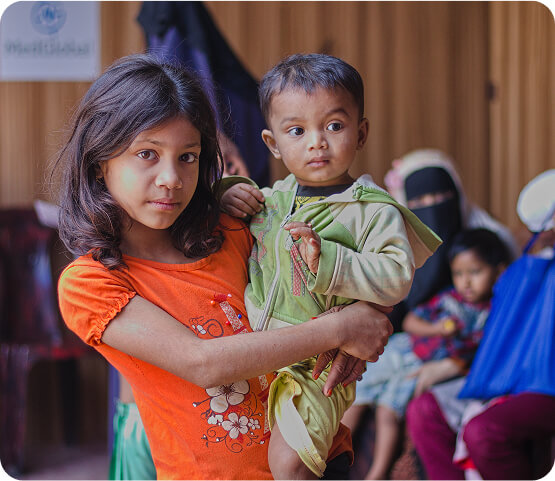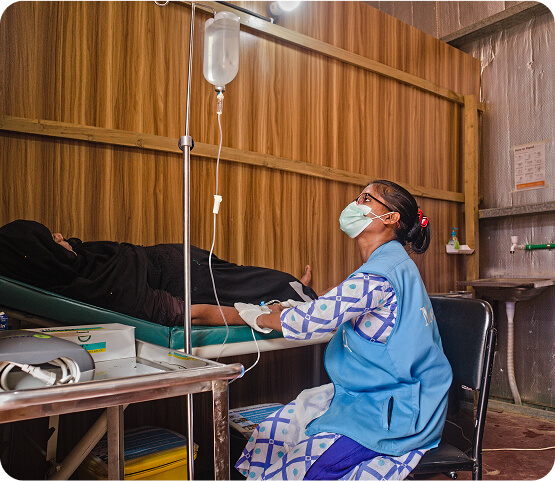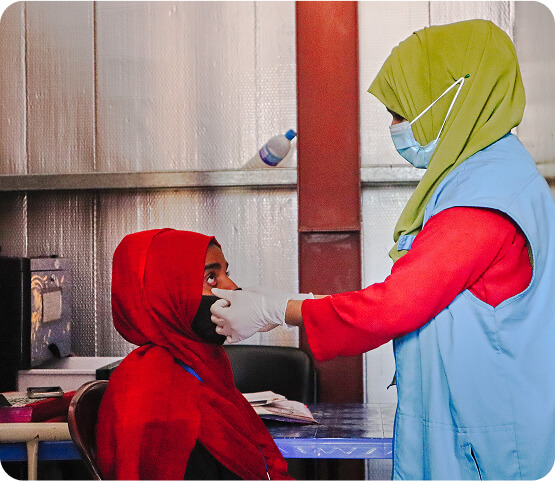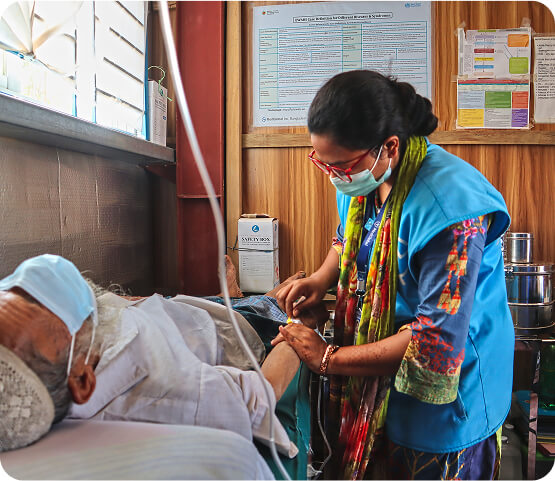
Join the 2025 MedGlobal Gala
Lorem ipsum dolor sit amet, consectetur adipiscing elit, sed do eiusmod tempor incididunt ut labore et dolore magna aliqua. Ut enim ad minim.
MedGlobal in Bangladesh
Since 2017, over one million Rohingya refugees have sought safety in Cox’s Bazar, Bangladesh, after fleeing ethnic violence in Myanmar. Now living in the world’s largest refugee camps with limited access to healthcare, refugees and host communities face worsening conditions as recent international aid cuts force clinic closures and reduce essential health services.
MedGlobal has been saving lives in Bangladesh since 2017, providing critical medical care as the crisis deepens.
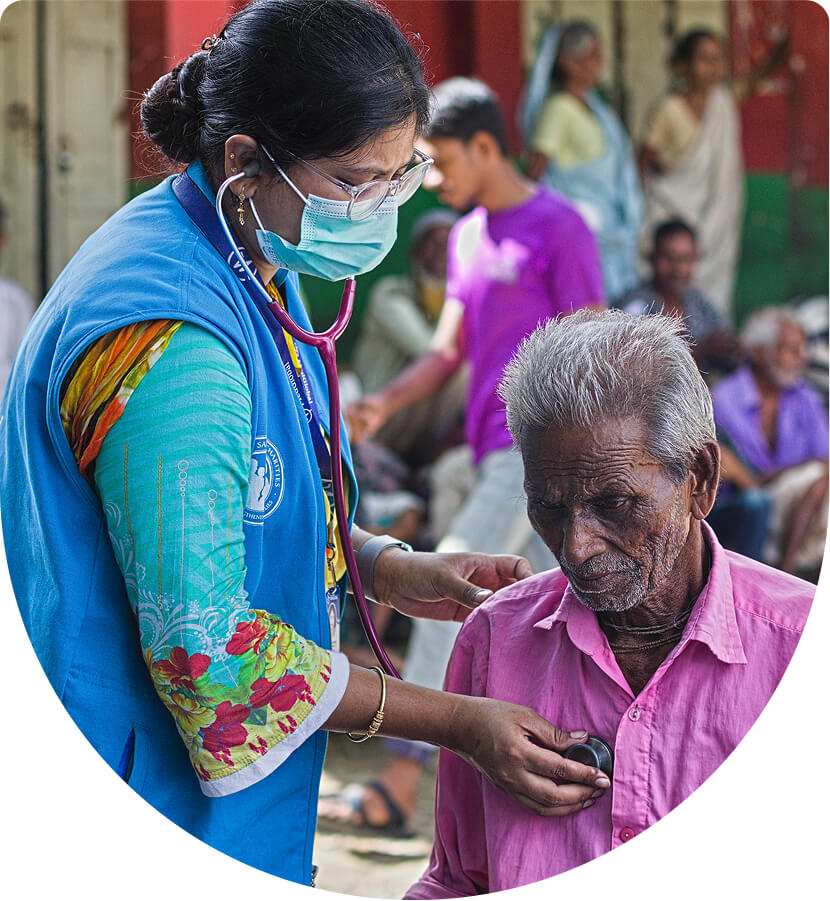
Delivering Lifesaving Healthcare
Overview.
MedGlobal delivers lifesaving healthcare to Rohingya refugees and underserved communities in Cox’s Bazar.
We operate health posts and maternity centers, providing 24/7 maternal and newborn care, including safe deliveries, prenatal and postnatal care, family planning, and lab testing. Our services are free of charge for refugees and families living below the poverty line.
How is MedGlobal Helping Bangladesh?
MedGlobal also addresses chronic health needs through non-communicable disease care at our health post in Teknaf, ensuring long-term support for vulnerable patients.
To support mental health, we operate mobile clinics that provide psychosocial care and counseling for people affected by displacement and trauma.
In times of crisis, MedGlobal responds with emergency aid. We distribute medical supplies and essential items during floods and other disasters, ensuring families receive relief when they need it most.
Beyond direct care, we strengthen healthcare systems by training doctors, nurses, and midwives in maternal health, newborn care, and emergency response. Through regular capacity-building programs, we help improve healthcare for families across Cox’s Bazar.
As needs continue to grow, MedGlobal remains committed to providing essential care for Rohingya refugees and host communities.
Impact in Bangladesh.
Who We AreYour donations in 2024 made this impact in Bangladesh possible.
185
Health facilities supported.
101503
Direct beneficiaries.
292608
Indirect beneficiaries.
Help Rohingya Refugees and Families in Bangladesh Today
Every dollar you give saves lives in Bangladesh.
Here’s how your donation can help.
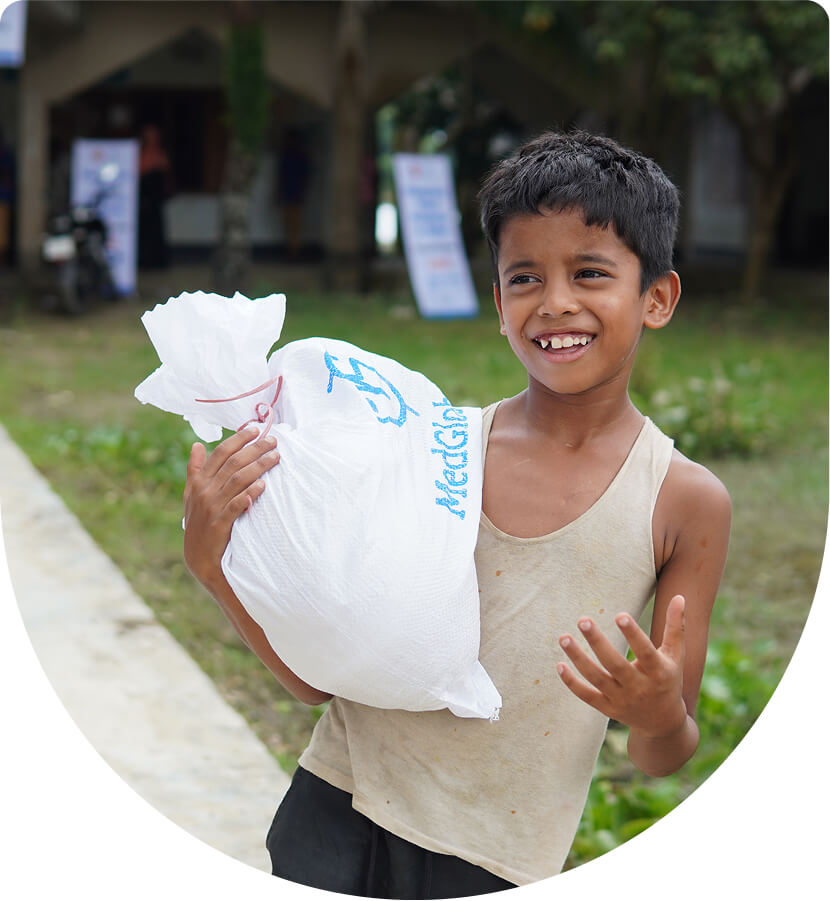
$10
Supports newborn care services.
$60
Ensures a safe birth for one mother.
$500
Funds emergency medical services.

